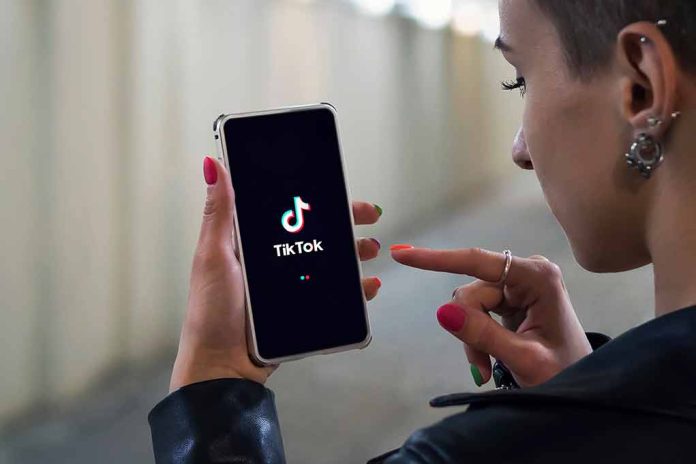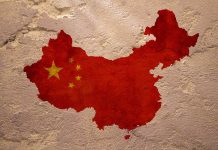
TikTok’s return to US app stores sparks controversy as ByteDance retains ownership despite national security concerns.
Key Takeaways
- TikTok has been restored to Apple and Google app stores for US users after a temporary ban.
- The app’s return follows President Trump’s 75-day pause on enforcing the TikTok ban.
- ByteDance, TikTok’s Chinese parent company, has not yet divested its ownership as required by US law.
- The future of TikTok in the US remains uncertain as the 75-day pause expires on April 5, 2025.
- Potential buyers, including Larry Ellison and Elon Musk, have shown interest in acquiring TikTok’s US operations.
TikTok’s Triumphant Return Amidst Legal Uncertainty
In a surprising turn of events, TikTok has made its way back onto the Apple App Store and Google Play for American users. This development comes after the app’s temporary removal due to a federal law banning it over national security concerns. The restoration of TikTok to these platforms marks a significant moment for millions of US users who can once again access the popular social media app.
However, this return is not without controversy. The core issue that led to TikTok’s initial ban – its ownership by Chinese company ByteDance – remains unresolved. President Trump’s executive order, signed on January 20, paused the enforcement of the TikTok ban for 75 days, allowing for its temporary return. This pause expires on April 5, 2025, leaving the app’s long-term future in the US market uncertain.
TikTok returned to Apple and Google's app stores on Thursday evening, making it available for download to American users for the first time since the Big Tech giants removed it last month to comply with U.S. law. https://t.co/oVxcW6JElb
— The Washington Times (@WashTimes) February 14, 2025
The Divestment Dilemma
At the heart of the TikTok controversy is the demand for ByteDance to sell TikTok’s US assets. This requirement stems from a law signed by Former president Biden, citing national security concerns over the Chinese-owned app. Despite this legal pressure, ByteDance has shown little willingness to divest, maintaining that its ownership structure includes global institutional investors, Chinese founders, and employees.
Trump’s administration has proposed several solutions, including giving the US government a 50% ownership stake in a TikTok joint venture or selling to suitable buyers like Larry Ellison or Elon Musk. These proposals highlight the government’s determination to address perceived national security risks while keeping the popular app available to American users.
The Stakes for Users and Tech Giants
The TikTok saga has significant implications for both users and tech giants. With over 52 million downloads in 2024 alone, TikTok’s user base in the US is substantial. The app’s absence from official stores, even temporarily, caused considerable disruption for content creators and viewers alike.
For Apple and Google, the decision to restore TikTok to their app stores was not taken lightly. Analysts suggest that these tech giants sought assurances they wouldn’t face prosecution for hosting the app. This caution underscores the complex legal and political landscape surrounding Chinese-owned apps in the US market.
Looking Ahead: TikTok’s Uncertain Future
As the clock ticks towards the April 5 deadline, the future of TikTok in the US remains in flux. President Trump has mentioned ongoing talks regarding TikTok’s purchase, with a decision expected in February. Several potential buyers, including Frank McCourt, have expressed interest in TikTok, which is valued at up to $50 billion.
The US Supreme Court’s decision to uphold a conditional ban requiring TikTok to separate from ByteDance or face restrictions adds another layer of complexity to the situation. As negotiations continue behind the scenes, millions of American TikTok users find themselves caught in a geopolitical tug-of-war, their favorite app’s fate hanging in the balance of national security concerns and international business negotiations.






















